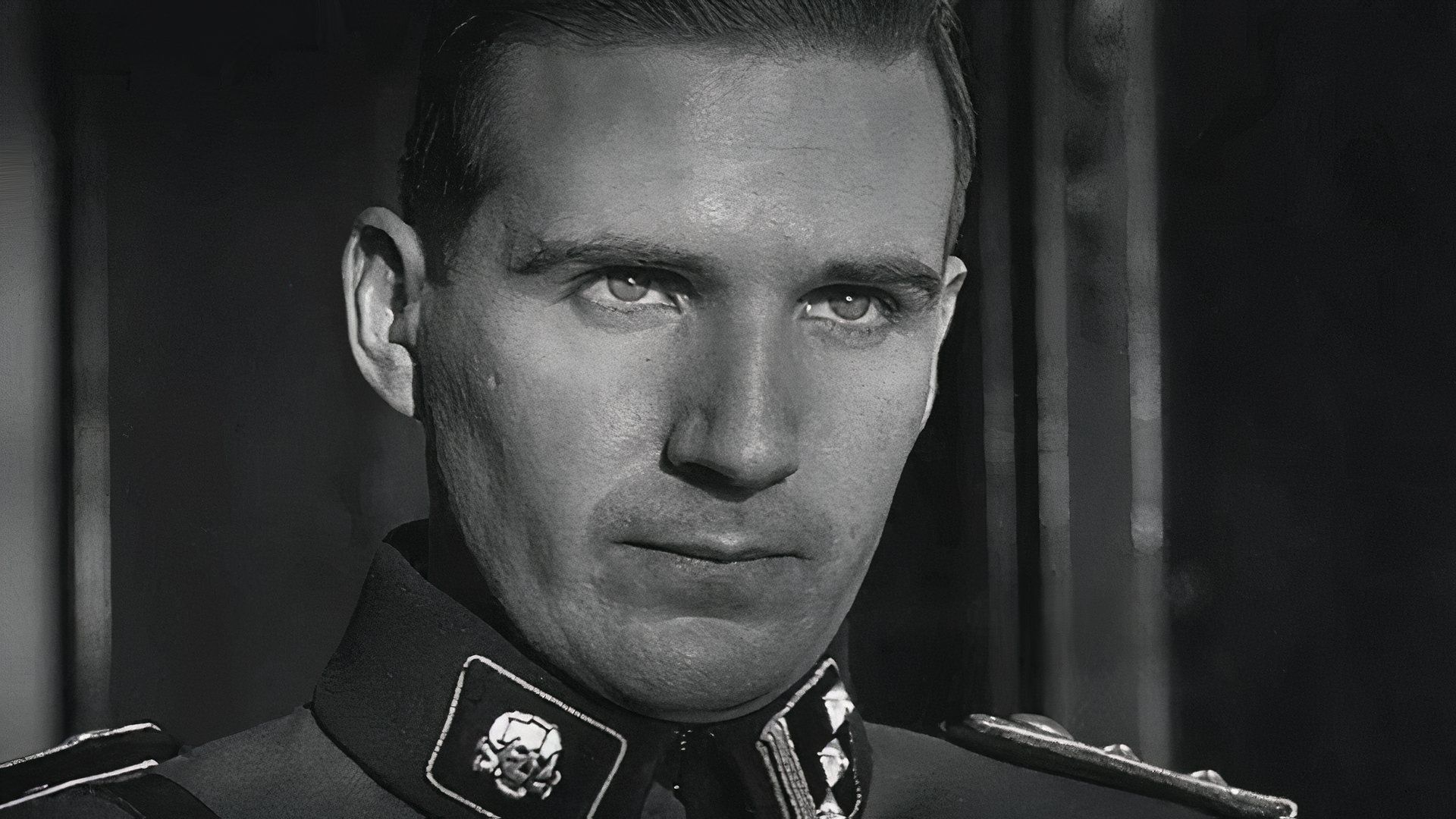
For Steven Spielberg, making money is as easy as making good movies. According to Forbes, the filmmaker is now worth $5.3 billion, placing him second to only George Lucas on the richest directors list. Much of Spielberg’s income comes from his movies (which have collectively grossed over $10 billion) and dividends from DreamWorks, the popular studio he co-founded with David Geffen in the mid-’90s. The filmmaker also gets a bite out of every ticket in the Universal theme parks because his Indiana Jones and Jurassic Park franchises are a major part of the attraction.
Given his current financial status, Spielberg can easily say no to millions, but in 1994 (the year that he founded DreamWorks), he could have used the money. Interestingly, he rejected his entire paycheck for Schindler’s List, a movie that had come out a year earlier and qualified as requisite viewing, no matter your politics. The film made a whopping $322 million at the box office, so Spielberg, who normally negotiates a cut out of the gross income of each of his movies, would have gotten a tidy sum. Why did he choose not to?
Why Spielberg Refused to Take a Check
Based on Australian author Thomas Keneally’s 1982 novel Schindler’s Ark, Schindler’s List is a powerful Holocaust movie that adds to Hollywood’s long-running commentary on the intersection between Nazi oppression and heroism. A rare excursion into stark, pristine, monochrome photography, the film is moving, intimate, and completely melancholic in its biographical story about a factory owner who, with a bit of introspection, tries to do the right thing by his devoted employees.
Initially, Oskar Schindler (portrayed here by Liam Neeson) was motivated by profit. He staffed his factories with Jewish workers to benefit from cheap labor, but when he realized the extent to which Jews were being persecuted by the Nazi government, he decided to save as many people as he could. It is estimated that Schindler saved the lives of about 1200 Jews.
During a previous interview on Today, Spielberg made a claim that might have made the directors of other movies about tragic true stories feel guilty. He revealed that he refused his check for Schindler’s List because he considered it “blood money.” He was simply too principled to benefit from a story about people who had suffered and died.
“When I finally decided to make
Schindler’s List
I said ‘if this movie makes any profit, it can’t go to me or my family, it has to go out into the world’.”
Spielberg’s actions make sense since Schindler’s List is the kind of tear-jerking and wise film that’s guaranteed to leave you in a philanthropic mood. He instructed that his cut from the movie go to the University of South Carolina Shoah Foundation, a non-profit organization that conducts interviews with holocaust survivors and witnesses of the Holocaust (known as Shoah in Hebrew). Today, the foundation’s archive contains over 115,000 hours of video footage detailing various people’s experiences. Each account averages about two hours.
Regarding the video and audio collection at the South Carolina Shoah Foundation, Spielberg said:
“I hope they’ll be used in schools, in libraries and in Holocaust museums and other museums, repositories all over the world. I hope it’ll be used to educate young people as to the ultimate dangers of how far hate can take us … this is a living example and there are still witnesses that are alive that survived it.”
Perhaps Hollywood would be a lot cooler if more filmmakers emulated Spielberg. Charity is always noble, and the more it’s embraced, the better the world might become.
Spielberg Almost Rejected the Movie Too
When MCA and Universal president Sid Sheinberg sent Steven Spielberg a New York Times review of Schindler’s Ark, the filmmaker was so impressed that he bought its film rights. However, he wasn’t sure if he was mature enough to handle the subject matter. The book Steven Spielberg: A Biography reveals that he combed through Hollywood’s most cherished directors while trying to find a person to direct the film. Who says no Spielberg? Apparently, many people did. “Spielberg’s List” included Roman Polanski, Sydney Pollack, Billy Wilder, and Brian De Palma, but they all balked out of uncertainty.
Eventually, Steven Spielberg chose to do the job himself when he realized that Holocaust deniers were being heavily discussed in the media. Neo-Nazism was also on the rise after the fall of the Berlin Wall, and the filmmaker felt he could play a part in stopping the intolerance before things got as bad as they did in the 1930s.
Fearing that Spielberg would be too traumatized after making the film, Universal exec Sid Sheinberg gave the green light on condition that the talented filmmaker made Jurassic Park first. He agreed. The picture was then allocated a mere budget of $22 million because Holocaust films weren’t thought of as being profitable. Thankfully, Schindler’s List changed all that.
Schindler’s List
is available to rent in the US on Amazon, Apple TV+ or Spectrum
